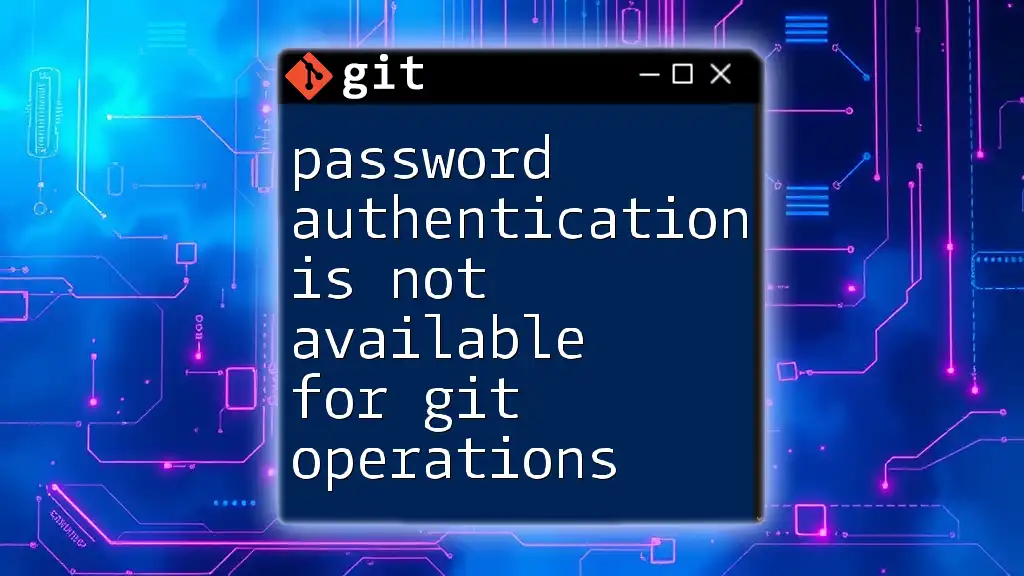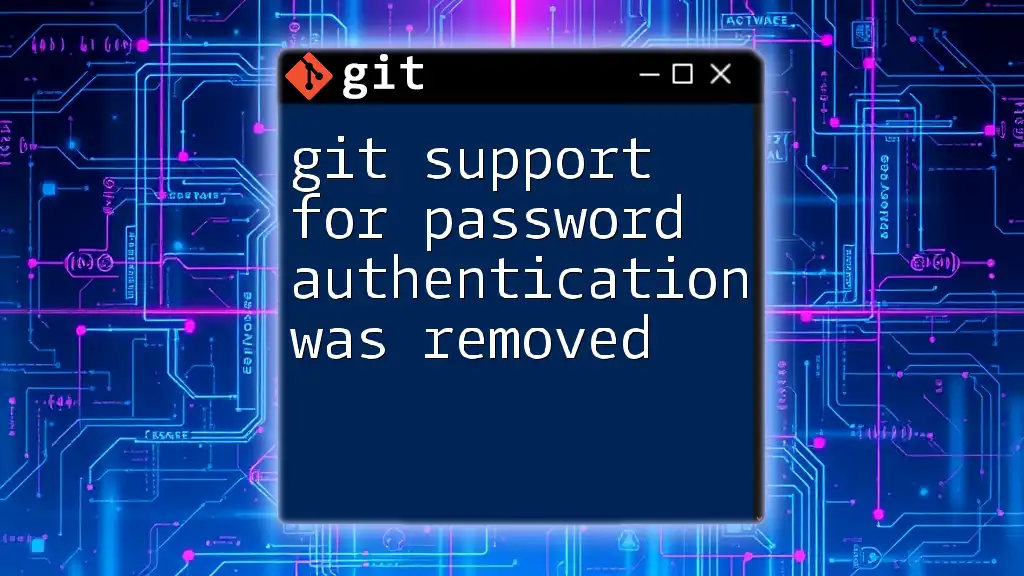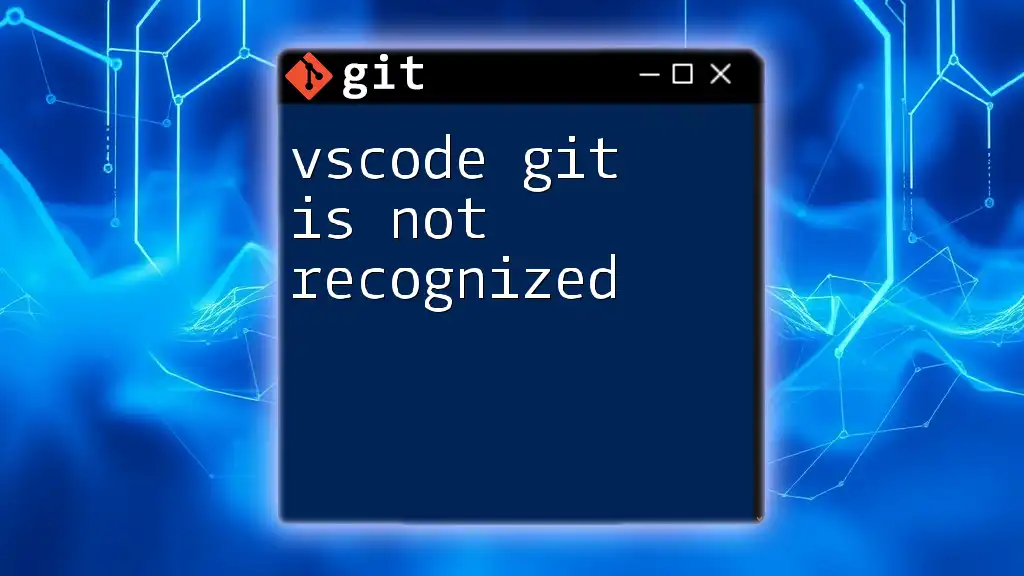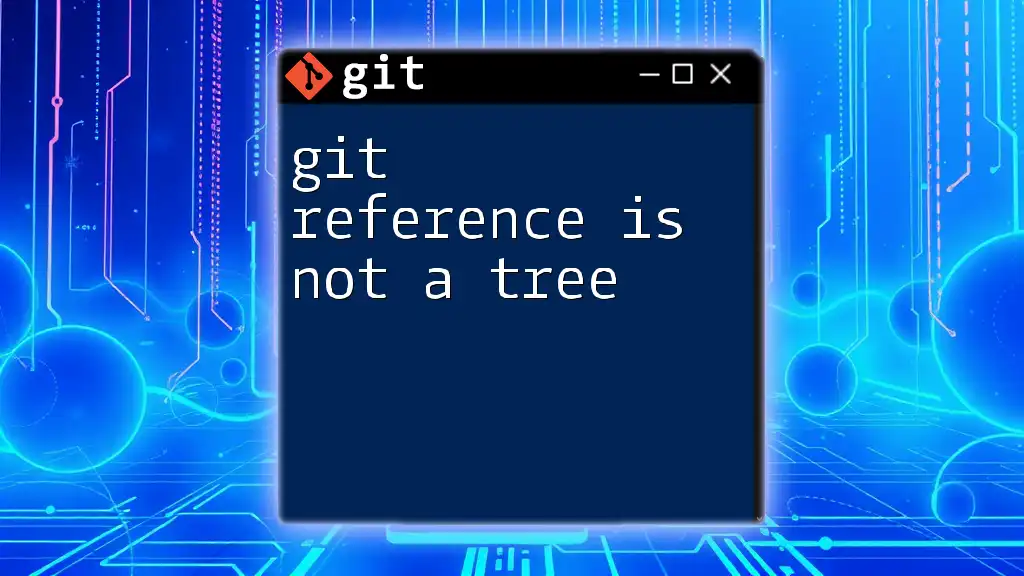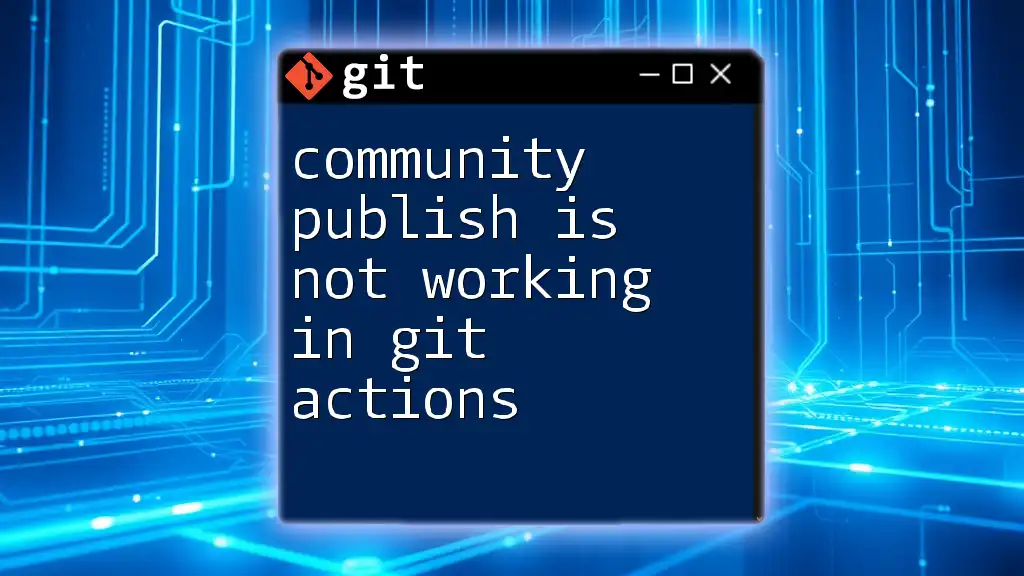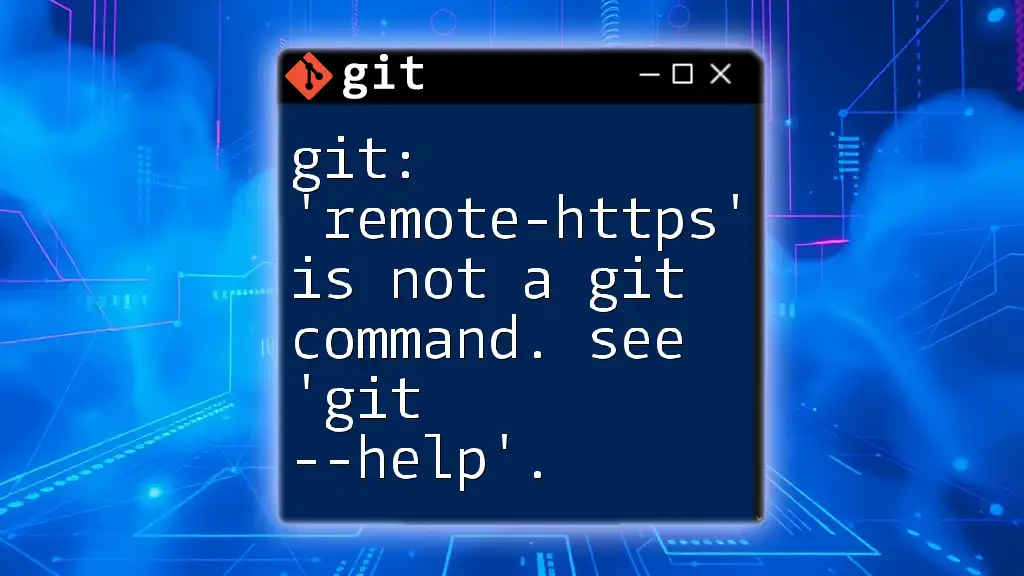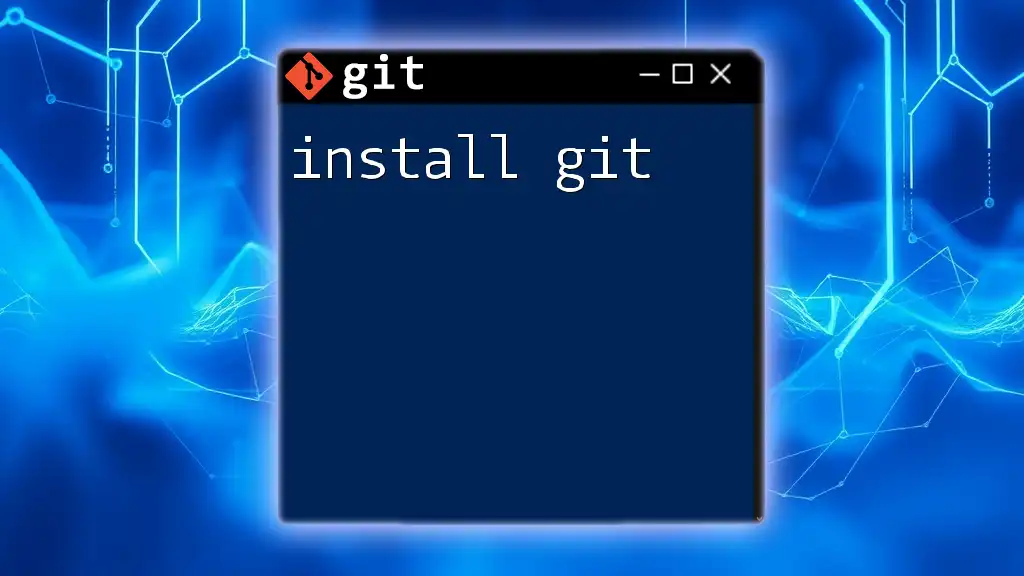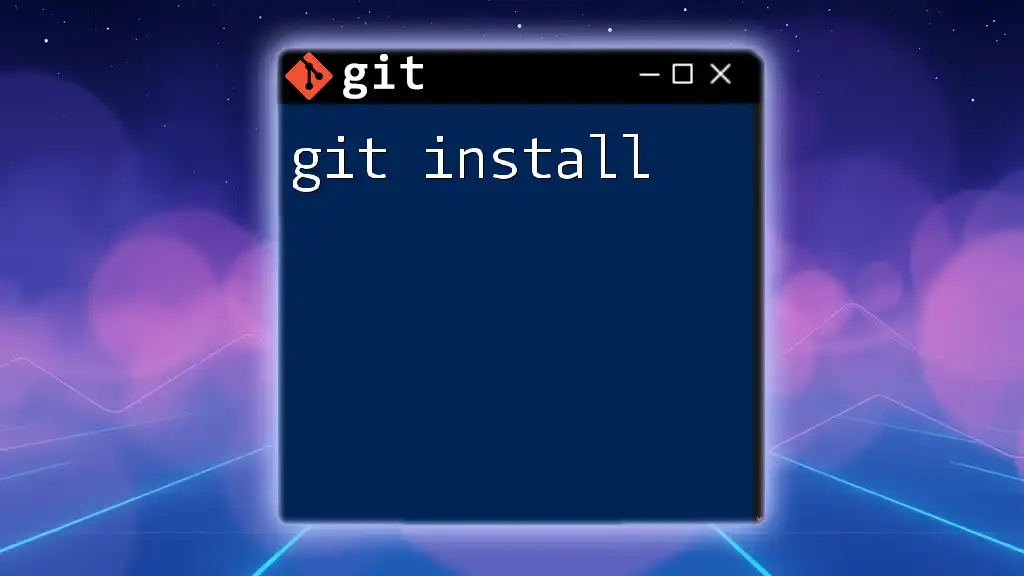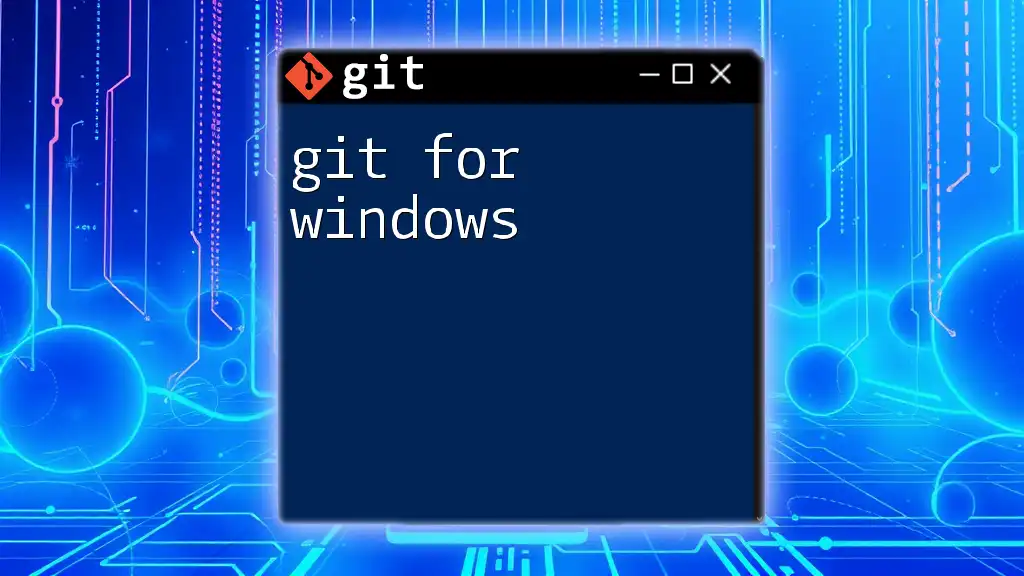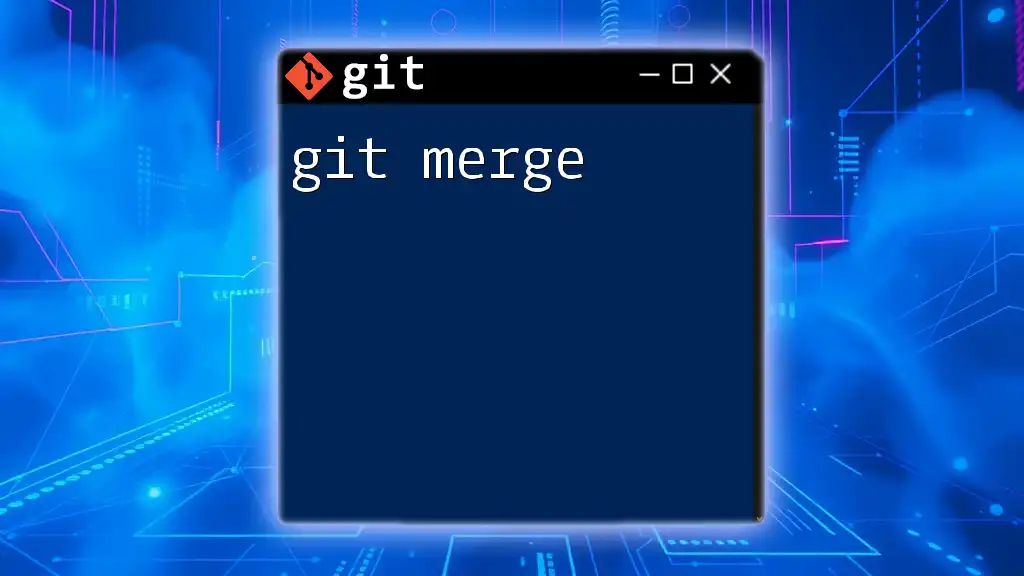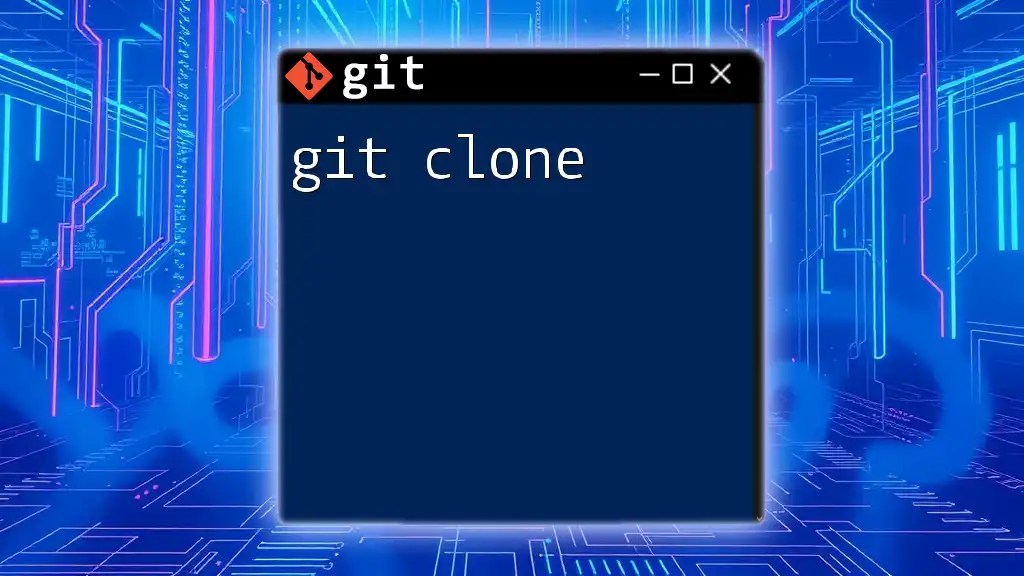The error "password authentication is not available for git operations" indicates that Git no longer supports password-based authentication for operations, and users must use personal access tokens or SSH keys instead.
git clone https://github.com/username/repo.git
# Use a personal access token as a password in place of your GitHub password
Understanding Git Authentication
What is Git Authentication?
Git authentication refers to the mechanisms and protocols used to verify the identity of users attempting to access repositories stored on platforms such as GitHub, GitLab, or Bitbucket. Its primary purpose is to ensure that only authorized individuals can make changes or view certain data within a repository.
Various authentication methods have evolved over time, with passwords, SSH keys, and Personal Access Tokens (PATs) being the most common.
Why Authentication Matters
Securing your repositories is crucial for multiple reasons:
-
Prevent Unauthorized Access: Strong authentication methods prevent individuals from accessing sensitive information or altering code without permission.
-
Data Integrity: Authentication helps ensure that only verified users can make authorized changes, safeguarding the integrity of your codebase.
-
Version History Security: Every commit in Git is tied to an author. Proper authentication helps maintain a reliable history.
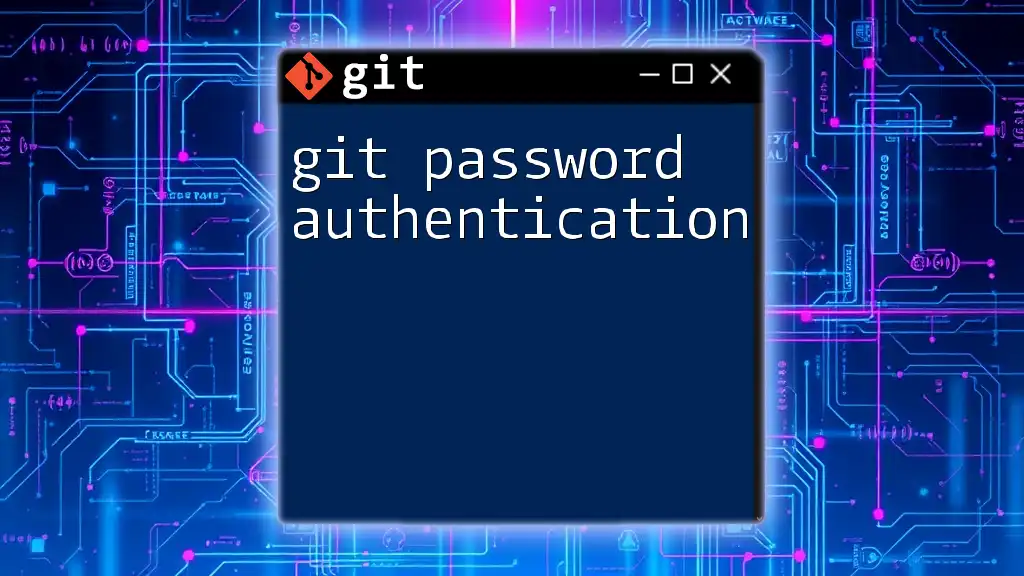
The Shift from Password Authentication
Background on Password Authentication
Password authentication has been a familiar method for accessing online platforms and services for many years. Users simply enter their username and password to gain access to their repositories.
While this method may seem straightforward, it comes with significant downsides, including the vulnerability to phishing attacks, brute force attacks, and the risk of password leakage.
Reasons for the Shift in Authentication Policy
The decision to eliminate password authentication stems from the evolving security landscape. Password authentication is not available for git operations primarily due to:
-
Increased Security Risks: As cybersecurity threats grow, relying on passwords exposes users to potential breaches.
-
Convenience of Other Methods: Techniques like SSH keys and tokens not only enhance security but streamline the authentication process.
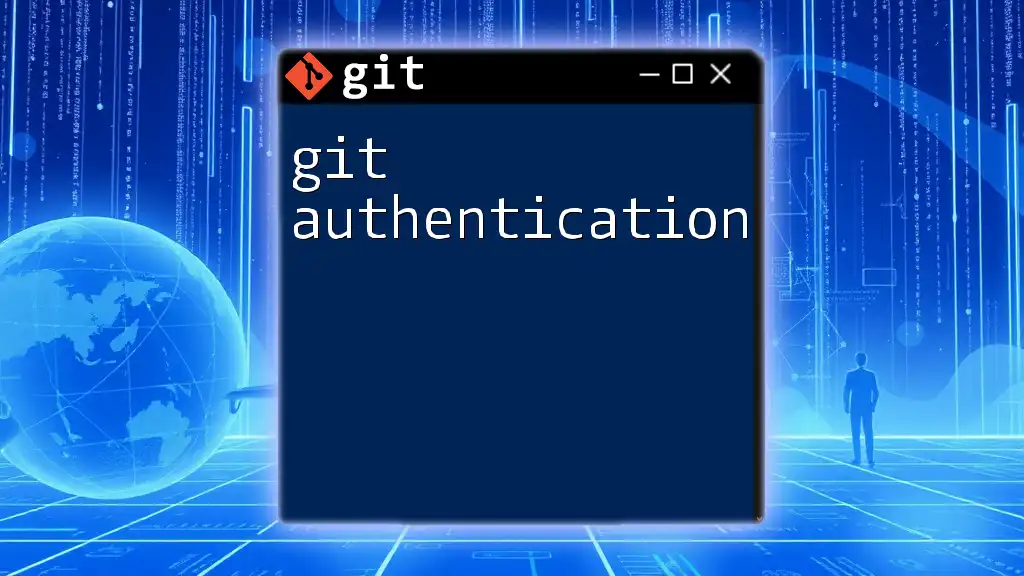
Available Alternatives to Password Authentication
Personal Access Tokens (PATs)
Personal Access Tokens (PATs) are replacing passwords as a secure method to access Git repositories.
Definition: A PAT is a string of characters that functions like a password but is linked to specific permissions and can be managed, revoked, or renewed independently.
How to Create a PAT: To create a PAT on GitHub, follow these steps:
- Navigate to your GitHub settings.
- Go to Developer Settings > Personal access tokens.
- Click on Generate new token, selecting the appropriate scopes for your needs.
Usage Example: When you clone a repository using a PAT, the syntax would look like this:
git clone https://github.com/username/repo.git
Username: your_github_username
Password: your_personal_access_token
This change enhances security while maintaining ease of access, as you're not required to input your password for every action.
SSH Key Authentication
What are SSH Keys?: SSH keys offer a more secure way to authenticate. They consist of a pair of cryptographic keys—one public and one private.
Generating SSH Keys: To start using SSH keys, first generate your keys:
ssh-keygen -t rsa -b 4096 -C "your_email@example.com"
This command will prompt you to specify a location to save the keys.
Adding SSH Keys to GitHub: Once generated, add your SSH key to your GitHub account by:
- Copying the public key to your clipboard:
cat ~/.ssh/id_rsa.pub - Navigating to GitHub settings, then SSH and GPG keys.
- Clicking New SSH key and pasting your public key.
Usage Example: After setting up your SSH key, you can clone repositories seamlessly:
git clone git@github.com:username/repo.git
This method enhances security as it eliminates the need for passwords altogether in Git operations.
OAuth and Other Methods
OAuth is another mechanism providing an authentication framework for third-party applications needing access to your repositories. With OAuth, you can approve and revoke access without sharing passwords or tokens directly.
Integration with Third-Party Applications
Many tools integrate OAuth for seamless workflow management. For instance, when allowing a CI/CD service to interact with your repositories, you can authenticate using OAuth tokens without exposing your credentials.
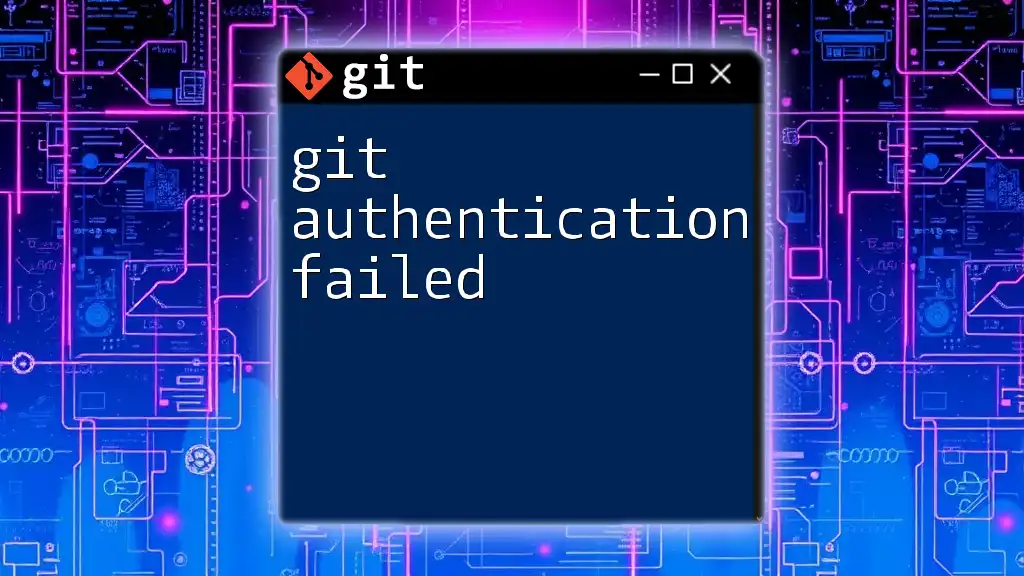
Configuring Git for New Authentication Methods
Updating Git Credentials
As you transition to new authentication methods, managing your credentials effectively becomes crucial. You can configure Git to cache your credentials to avoid re-entering them frequently:
git config --global credential.helper cache
Resolving Common Issues
Switching away from password authentication may lead to some hiccups. Common issues include:
-
Failed Authentication: Ensure that your PAT has the required scopes or that your SSH key is correctly added to your GitHub account.
-
Network Issues: Sometimes, the problem lies outside of authentication, such as firewall restrictions or network configurations.
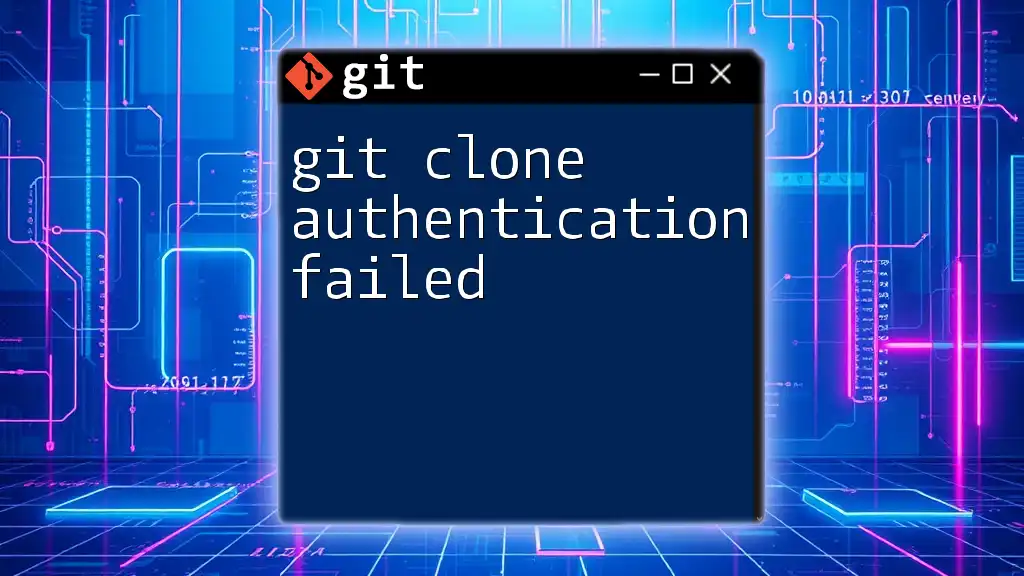
Best Practices for Git Authentication
Keeping Your Tokens Secure
Safeguarding your tokens and keys is critical. Some tips include:
- Utilize password managers to store your PATs and SSH keys securely.
- Regularly review access tokens and revoke any that are no longer needed.
Regularly Updating Authentication Methods
Routine checks can go a long way in maintaining security. Regularly update your tokens and SSH keys, especially if using temporary tokens. Be aware of expiration policies for any access tokens you generate.
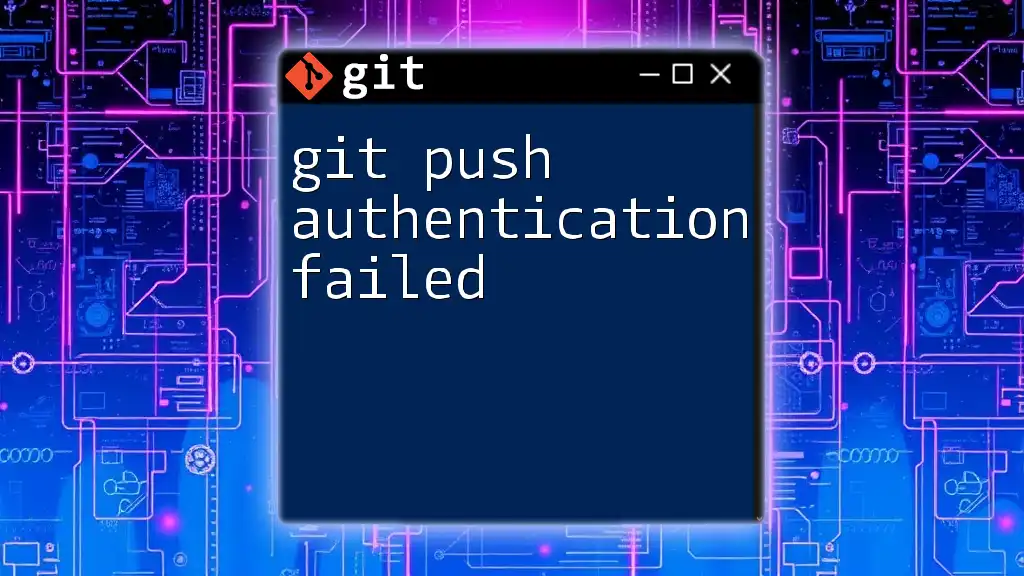
Conclusion
Transitioning from traditional password authentication is essential for securing your Git operations. As password authentication is not available for git operations anymore, it’s crucial to adopt secure practices such as utilizing Personal Access Tokens, SSH keys, or OAuth. Embracing these modern strategies not only improves security but also enhances operational efficiency.
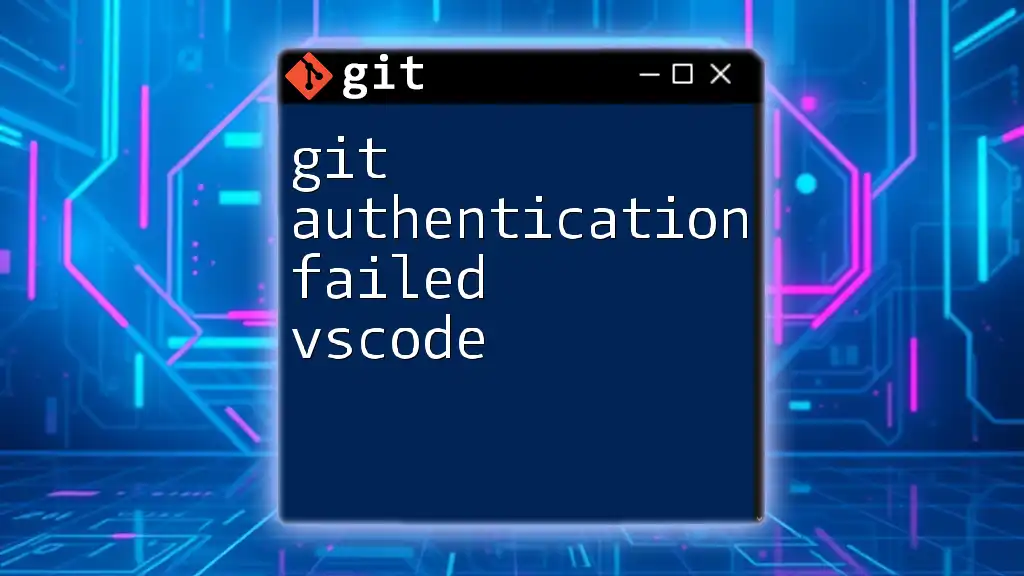
Additional Resources
For further reading and detailed guides regarding Git authentication, refer to the official documentation from platforms like GitHub, GitLab, or Bitbucket. Learn about tools that can help manage your keys and tokens effectively, and stay informed about Git security best practices.
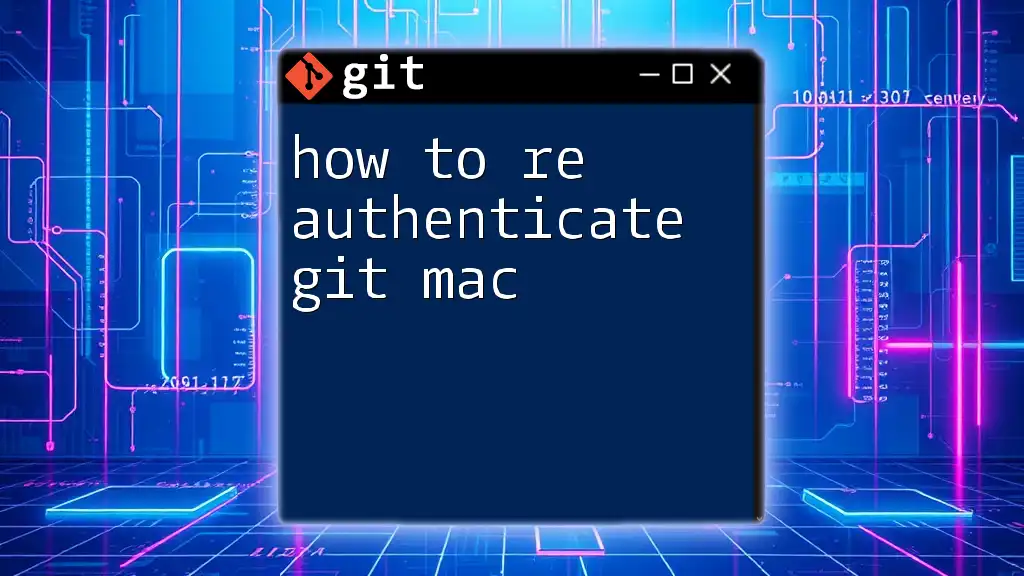
Call to Action
We encourage you to share your experiences with these authentication methods and provide feedback on this article. What challenges have you faced while transitioning from password authentication? Let us know!

